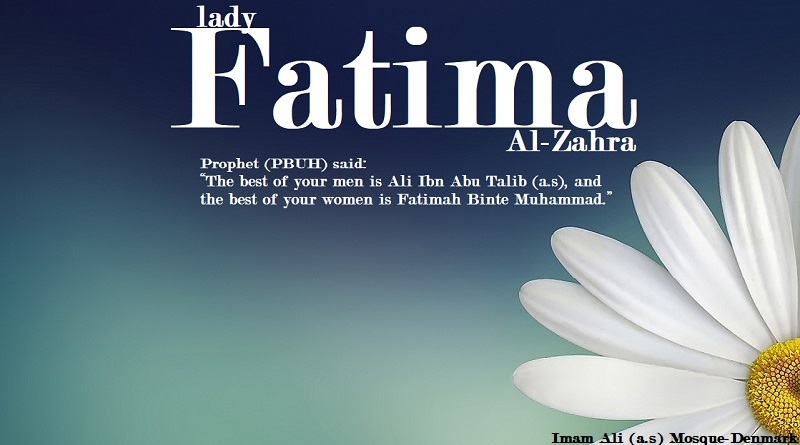The spread of Islam and the improvement of the Prophet’s (PBUH) position prompted Arab tribal chiefs to ask Fatimah’s (SA) hand for marriage.

Not a week passed without a new suitor for the Prophet’s (PBUH) only daughter. But Fatimah (SA) turned all of them down because she believed that marriage is a connection of two souls. When the Prophet (PBUH) told her daughter of Ali’s (AS) proposal, Fatimah (SA) remained silent. This silence was an indication of an affirmative response.
When Ali (AS) was told of Fatimah’s (SA) consent, he decided to make the necessary preparations for marriage. Ali (AS) owned nothing but a sword and an armour so he sold his armour and gave the money to the Prophet (PBUH) who, in turn, distributed it between Bilal, Abu Bakr and Ammar to purchase perfume, clothing and furnishings. Fatimah’s (SA) dowry included the following items:
A garment bought for seven dirhams
A headscarf bought for one dirham
A long dress
A bed made from palm trees
Two mattresses made from Egyptian cotton
Four pillows made from wool and palm fibre
A curtain
A straw mat
A grinder
A water container made of animal skin
A wooden bowl for milk
A green pot
Other pots
Two silver armbands
A copper vessel
Having seen the material, the Prophet (PBUH) said: “May God bestow happiness on those whose living stuff is mostly pottery.” (Bihar Al-Anwar)
The marriage gift for Fatimah (SA) amounted to 500 dirhams. (Wasāʾil Al-Shīa) This marriage set an example for others to follow, as there are always young people who avoid marriage because they think they cannot afford it due to too much expense. Married life should be made pleasant by kindness and faithfulness; expensive dowries and lavish gifts do not guarantee a happy life. It is unfortunate to see in the present time that some people believe imposing heavy demands in a bid to guarantee stability within future marriage. But that is no remedy; the real solution is to ensure that our youths are morally virtuous and, for this, certain cultural and social practices should be supported.
Fatimah’s (SA) wedding ceremony
A group of guests were invited by the families of groom and bride. The guests were served lunch. After lunch, the Prophet invited her daughter to the gathering. Fatimah (SA) was humble. As she was approaching, she was close to falling. The Prophet (PBUH) held her hand and said: “May God protect you from all deviations”. Then, he unveiled Fatimah’s (SA) face and put her hand in Ali’s (AS) and told Ali (AS) : “May God bless you with the daughter of God’s prophet (PBUH). Ali (AS)! Fatimah (SA) is the best wife”. Then he turned to Fatimah (SA) and said: “Fatimah! Ali (AS) is the best husband”. (Bihar Al-Anwar)
The prophet (PBUH) then asked a group of Muslim women to lead the camel carrying Fatimah (SA) to Ali’s (AS) house. In some Ahadith, the Prophet (PBUH) is said to have appointed an important person such as Salman (RA) to hold the camel’s leash out of respect for his daughter. The most pleasant moment was the nuptial night. Both Ali (AS) and Fatimah(SA) felt shy.
The prophet (PBUH) arrived, held a bowl of water, sprinkled his daughter and said: “O God! This is my daughter and the most beloved of people to me. O God! This is my brother in faith and the most beloved of people to me. O God! Strengthen their affection”. (Bihar Al-Anwar) Anas ibn Malik says: “The prophet (PBUH) used to leave home at dawn for mosque. For six months, he used to stand in front of Fatimah’s (SA) house and say: ‘My household! Always offer your prayers. God wants to keep my household from any evil’.” (Musnad Ahmad)
Source: en.shafaqna.com

